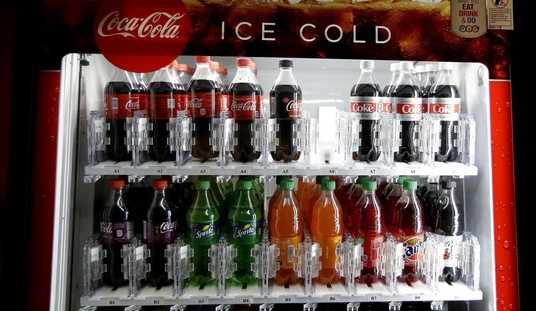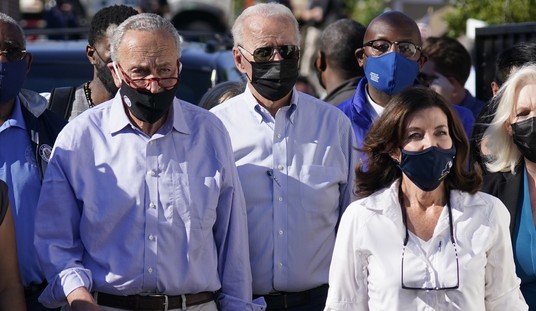The sexiest week in American politics has ended. Some in the nation’s capitol, and across the country, shed a tear at the torrent of emotions that come to a grinding halt when Infrastructure Week is over. It leaves one feeling alive and empty all in a single sublimely somber moment that careens through five days of the turbulent American consciousness. Sometimes, resisting and standing up against crumbling infrastructure is too much for one person to handle. Thank goodness the Comey hearings were there to cleanse America’s collective palate from the daunting task of reviving domestic infrastructure.
The most promising, if not least controversial, goal is the focus the Trump administration has placed on opening beef markets in China. The Chinese had closed its borders to American imports of all beef over mad cow disease in 2003. In May, the Trump administration announced it would work with China to set up regulations on the American cattle industries to put China’s worries at ease for the growing middle-class demand for quality American beef. However, the cattle industry is less than impressed and this can possibly raise beef prices across the board for Americans.
“I think everybody’s very optimistic, yet somewhat guarded,” said Jeff Swanson, owner of Swanson Cattle Co. in Oxford, in south-central Nebraska. “Sometimes things don’t turn out as good as you hope.”
- China will accept both frozen and fresh-chilled beef products, bone-in and boneless cuts and ground beef products. Offals will be accepted, at first in a narrow range, including heart, liver and tendon.
- Hormones that are not naturally occurring won’t be allowed. Meat found with traces of synthetic hormones or with hormones above naturally occurring levels will be destroyed.
- Every change in ownership will not have to be tracked, just birthplace and slaughter plant. Producers who wish their cattle to be eligible should sign up with third-party certification programs, which are listed on USDA’s website.
- Beef must be from animals 30 months or younger. Many U.S. meat packers already meet that criterion for exports to other countries.
- USDA’s Food Safety and Inspection Service will be accepted for determining a meat processing plant’s eligibility to export beef.













Join the conversation as a VIP Member